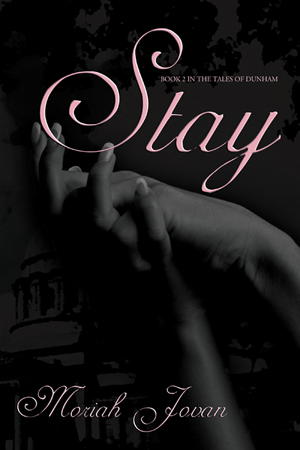A little while back, I posted on the sentimental value I hold of the 1960s ranch. Today, I’m rethinking 25 to 30 years’ worth of self-indoctrination.
Obviously the reason it holds so much appeal to me is that it was, in my teenage mind, the unattainable. I didn’t live in a house that nice, although I didn’t begrudge what I had. I liked it fine enough that I was proud to show it off to my friends, totally unable to see that what niceness I had was only that way because my mother worked so hard to make it nice with what little she had to work with. And on hindsight, I’m not sure my friends (from more chichi neighborhoods) were terribly impressed.
(You can tell my obvious slant toward the steep-roofed “French Provincial” style ranch.) Anyway, what I was doing when I was a teenager was aspiring up. That’s good to do. But somewhere, the adult me got lost in my teenage wants and conflated that to the end-all and be-all of existence.
Lately, Dude and I have been despairing over the state of our house and its issues, almost all structural, almost all of which will suck money right out of our bank account, with nothing aesthetic to show for it. Now, I’m all for infrastructure, but geez, that still doesn’t make my lawn dandelion-less. It also doesn’t account for the innumerable walls covered with crayon drawings that I would have to continually repaint to make the spaces halfway decent.
Thus, I have come to hate my house. This is a very difficult admission to make, especially when one considers how ecstatic I was over it in the beginning, and we moved in with the intention that we weren’t moving again. EVER.
A few days ago, a friend told me about a party she went to in a chichi neighborhood of L.A. and described the splendor to me. It shocked me that my first thought was, “Real people live like that?”
Today I saw a post over at The Red Brick Store about readying a house for sale. It was a gorgeous 4,000 square foot house, and the post led to pictures, which led me to search myself for flaws in my thinking. I didn’t covet the house, but it did make me wonder if I should dare to desire it at all.
Then I went to realtor.com and put in my favorite zip code (not telling which one it is) because it embodies my best childhood memories. Let’s just say it’s a rundown little village-size town in a rundown corner of a rundown state (not Missouri), and for the first time, I saw through my own little bubble of childhood memories and thought, “Am I aspiring to this? It’s 100 times worse than what I’ve got.”
Then I thought about the 1960s ranch across the street from me which inspired that other post. It’s beautiful, with lush lawn, kept immaculate at all times and with great care (care that it takes time and energy to spend, which we don’t have). You know what? Even aspiring to that is aspiring too low at this point in my life.
That gets me to thinking about my mother and what she did with what she had.
Which she hated.
Every day of the 18 years we lived there.
Knowing that we could have had something better if she and my father weren’t sacrificing a good chunk of money every month to send us to a private school.

After I revisited my childhood memories, I looked up properties in my own zip code, and thought, “THAT is what I should be aspiring to.”
We live in a neighborhood that retains its property values no matter what because A) Kansas City seems to weather recessions/depressions fairly well, even without Boss Tom, and B) the elementary school we have is one of the best in the state. People move into this neighborhood and within the school boundaries expressly for their children to attend that school. Believe me, we aren’t going to have to send our kids to private school for an excellent education, so there’s one obstacle conquered.
This has led me to some conclusions.
- I’m far more happy with what I have right now. (That may wax and wane.)
- We need to work on making it as good as it can be within our limitations.
- We need to build a plan to get out of here and move up once we have accomplished #2. And I want a swimming pool.
Whether we attain #3 or not … well, I just don’t know. I’m still somewhat dubious of our ability to do that.
However, if we don’t make the attempt, it most assuredly will not happen at all.








 Tax Deduction #2, male, 3 years old, doesn’t read, taught me a very valuable lesson yesterday when he saw this:
Tax Deduction #2, male, 3 years old, doesn’t read, taught me a very valuable lesson yesterday when he saw this: